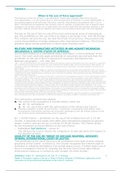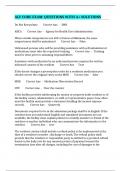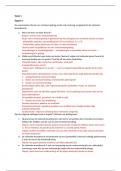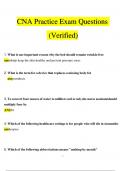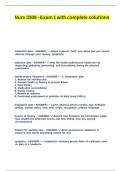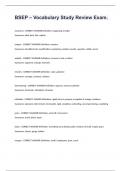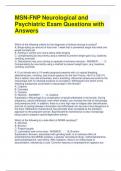Overig
Public International Law - tutorial 4
- Instelling
- Erasmus Universiteit Rotterdam (EUR)
Clear and neat elaboration of tutorial group 4 of Public International Law. Buy the bundle of all tutorial groups for only € 15,00! Buying the bundle instead of each summary makes you save up to € 6,00!
[Meer zien]
